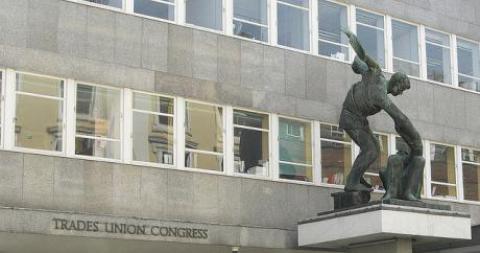What the Class Politics of World War II Mean for Tensions in Asia Today
Foreign Policy in Focus

Postwar U.S. authorities helped rehabilitate erstwhile collaborators with the Japanese occupation in the name of fighting communism. Generations later, it’s led to the grandson of a despised Philippine collaborator endorsing the re-militarization of his country’s former occupiers — by the grandson of a war criminal, no less.










Spread the word